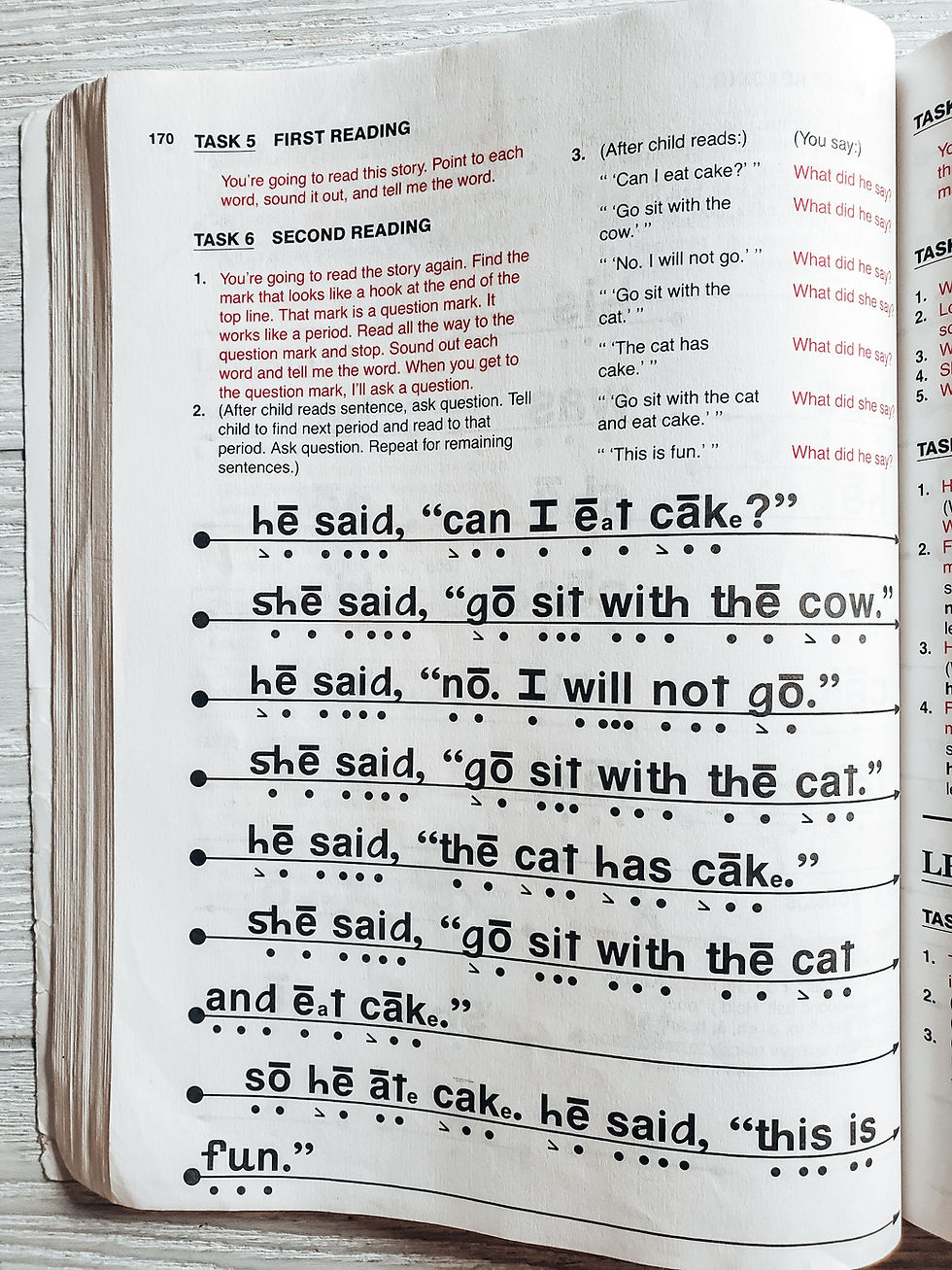I struggled with reading when I was younger. It was one of my least favorite things to do. I would check off my reading log a fraction of the time I was actually supposed to. All of the beautiful classics that almost everyone read when they were in school and enjoyed reading in their free time, were not read by me when I was younger. Why? I can tell you a laundry list of reason but what I think it really boils do to is the lack of interest. Books just simply weren’t fun for me to read because I never gave them a chance.
I want the complete opposite experience for our children. I want them to enjoy curling up and reading a good classic, to dive deep into a story and have a vested interest in knowing each character, to learn and understand the created world around them through reading the Bible. I want them to love reading for LIFE!
*Please note: I have affiliate links in this blog post and may receive a small percentage of any purchases that are made through my personal affiliate links.

*Please remember that reading plans and curriculum will be different from house to house and every child is different. The time in which they’re ready to start reading, the interest level, the books they prefer to read, the list goes on and on. Below is a guide that I hope helps you as you begin your journey of teaching your sweet little one the basics of reading. You may enjoy everything, you may pick pieces, you may only like one tip or curriculum recommendation. Whatever it the case, I pray that it helps you make the best choices for your family.
The curriculum and order in which I use them for our family:
I’m most grateful for this curriculum right here! I start using this between the ages of three and four. It’s a phonics-based curriculum. Each day or two, they will add a new sound to the ones they already know. It starts off with the sounds “m” and “s” and proceed from there. Once they have mastered sounds, it builds with words, then builds to stories. As they add more sounds, the words and stories get longer. By the end of the 100 lessons, they are ready to read many picture books and start on small chapter books on their own.
The goal for this curriculum is to stick with the lessons daily, so you’re able to accomplish the whole book in a little over three months. In my experience however, we’ve need to take breaks so I can keep their interest and they’re continuing to “enjoy” reading. Resources #2 will explain what I use to keep things fresh and allow them a chance to soak up what they’ve learned.
“What’s the best part of this curriculum for the parent?”, you ask. The script is all made out for you! The questions to ask at the end for narrations, the step-by-step process of how to instruct your child’s finger as they begin each sound, the instruction on how to explain punctuation, etc. It’s all there for you! The work is done, you just have to invest the time into your child.
2. Bob Books
I use these books with our children to help them see that they’ve accomplished great things by reading and entire book by themselves. As I mentioned above, I fully believe in and have enjoyed using 100 Easy Lessons. I do however, think that some of the lessons can be a little extensive. By breaking them up into two days or simply pushing it aside and pulling out a Bob Book, it gives them a boost in their confidence.
These books are short with sweet illustrations. Our children have fully enjoyed going through each of the Bob Book series. I highly recommend them!
They have several sets but the ones we've enjoyed are as follows:
3. Readers
Once our children have gone through each or the Bob Books and the Teach Your Child to Read in 100 Easy Lessons curriculum, I have them read small readers to help them gain even more confidence before starting any new curriculum book. This not only boosts their confidence, but it also allows them to truly enjoy a book from cover to cover on their own. Our children have enjoyed pulling each of these readers out and reading them to their younger siblings.
Here is the list of readers that I require them to read during this time.
Various Readers from the Wonders of America series
Lastly, I have used the All About Reading: Level 4 by All About Learning Press. Many people enjoy this curriculum from level 1-4 however, since our children have used the above resources, they are able to jump right into level 4 without even going through 1-3.

This curriculum comes with a workbook, 2 readers, and a teacher’s manual. The hands-on activities tie in with each of the stories found in the readers, which help keep your child engaged.
5. Moving On! Chapter Books.
That’s it! This is all I use. Once our children are done with All About Reading: Level 4, I simply choose living chapter books for them to begin reading and narrating on their own.
See the list of 25 living books I recommend for new readers.
Happy homeschooling and remember to "Willfully Serve His Children" throughout your homeschool day.
In Him,
Amanda






Comments